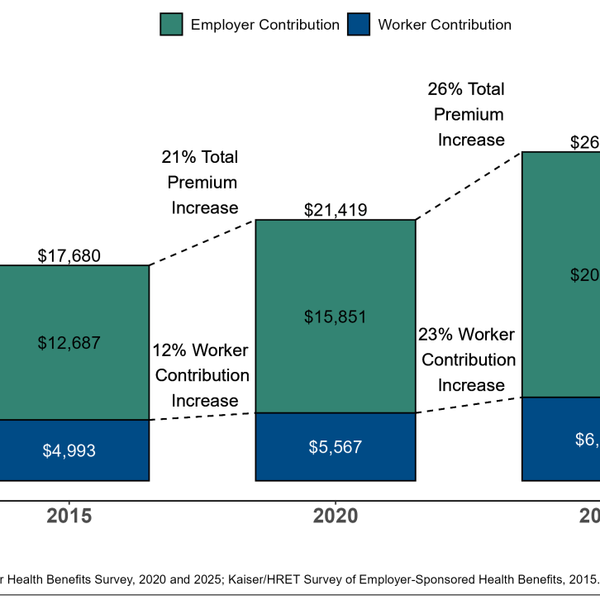WASHINGTON (AFP) – Barack Obama has revealed an exchange of letters with Iran’s new President Hassan Rowhani but warned his reluctance to strike Syria should not devalue U.S. threats of force to thwart an Iranian nuclear bomb.
The president, in an interview aired Sunday, publicly confirmed the outreach to Rowhani for the first time, and said he believed the Syria chemical arms drama showed that diplomacy could work if backed by threats of military action.
The exchange of letters will add to the notion that the election of Rowhani offers a new opening to test the possibility of a diplomatic way out of the showdown over Tehran’s nuclear program.
But some analysts have questioned whether Obama’s decision to hold off on military action against Syria will lead the Islamic Republic’s leadership to conclude U.S. threats against Tehran are empty.
In fact, Obama’s top aides used a variation of that argument themselves, warning to members of Congress that blocking military action in Syria could send Iran the wrong message.
But in his interview, Obama said that the outcome of the Syrian deal offered Iran a “lesson” in the benefits of diplomacy.
Obama was asked on the ABC News This Week program whether he had reached out to Rowhani, a moderate conservative elected in June.
“I have. And he’s reached out to me. We haven’t spoken– directly,” Obama said.
Asked by interviewer George Stephanopoulos whether the contact was via letters, Obama replied: “Yes.”
The president was careful to draw a distinction between U.S. behavior over Syria — which ended in a deal with Russia to secure Damascus’s chemical arms — and Washington’s approach to Iran as a nuclear showdown reaches a critical point.
“I think what the Iranians understand is that — the nuclear issue — is a far larger issue for us than the chemical weapons issue,” Obama said. “The threat against … Israel, that a nuclear Iran poses, is much closer to our core interests. A nuclear arms race in the region– is something that would be profoundly destabilizing. My suspicion is that the Iranians recognize they shouldn’t draw a lesson — that we haven’t struck (Syria) — to think we won’t strike Iran.”
Obama said that on the other hand, the lesson from the showdown over Syria’s chemical weapons, should indicate that “there is the potential of resolving these issues diplomatically.”
Washington has repeatedly warned Iran that it has the option of military action, if diplomacy and crippling sanctions do not convince the Islamic Republic to stop short of building nuclear weapons.
Iran denies that its nuclear program has a military use.
Obama’s letter to Rowhani had been reported in the regional media though was not publicly confirmed by the White House.
It has not previously been clear whether Rowhani had also written to Obama.
Rowhani last week warned that Tehran will not give up “one iota” of its nuclear rights and said the time for negotiation was limited.
He spoke ahead of a meeting later this month between Foreign Minister Mohammad Javad Zarif and EU foreign policy chief Catherine Ashton on restarting negotiations on the Islamic republic’s disputed nuclear ambitions.
Previous openings for U.S. dialogue under Obama with Tehran foundered over domestic politics in both nations and tensions exacerbated by the rule of former president Mahmoud Ahmadinejad.
Revelations about Iran-U.S. contacts came after Rowhani on Friday urged Moscow to help solve Tehran’s nuclear crisis as he met President Vladimir Putin at a security summit in Kyrgzystan.
Putin, who met Obama at the G20 summit in Russia earlier this month, was a key cog in the deal reached in Geneva on the Syria chemical arms crisis.
But the role played by Putin — a key ally of the Assad regime — has been viewed with suspicion in the United States and sparked a debate about whether Obama had been played.
On Sunday, one influential US lawmaker called the Syria agreement “a big win” for the Russian leader.
“I do think Putin’s playing chess and we’re playing tic-tac-toe,” Mike Rogers, chairman of the House Intelligence Committee, told CNN’s State of the Union program.
“Think about where he is and what he wanted out of Syria. He got everything he wanted,” he said.
“Indecisiveness” in Washington gave the Russians a diplomatic advantage, Rogers said.
He added: “They saw it. They stepped in. This is a Russian plan for Russian interests. And we should be very, very concerned about that …”








